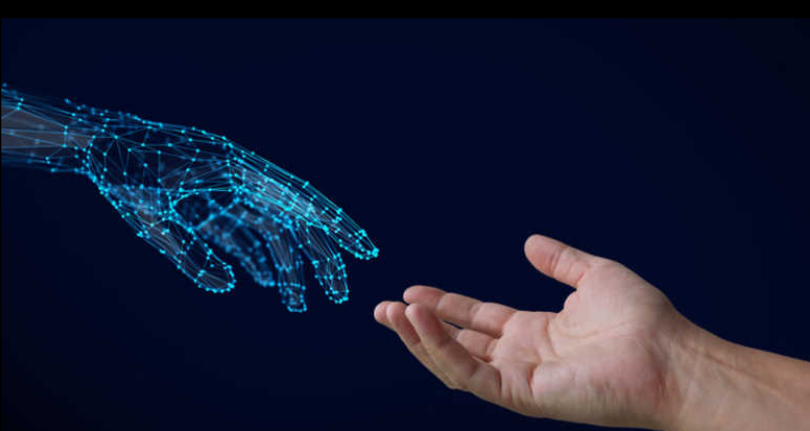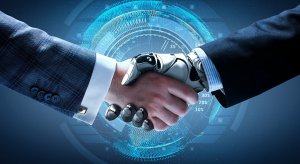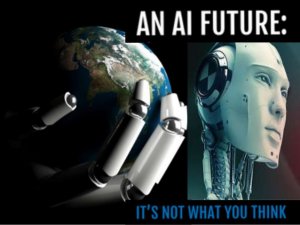
The Future of Artificial Intelligence: Ways it will impact everyday life
The impact of artificial intelligence in everyday life is more sophisticated and will be seeing more integration of AI technology in our everyday lives relatively soon.
Artificial intelligence has the potential to offer $15.7 trillion to the global economy by 2030. We encounter the technology used every day, for example-Netflix suggestions are based on algorithms that examine what you have watched. The algorithms learn from those purchases, using them to suggest other things you might enjoy. Artificial intelligence lies behind those algorithms.

Each time you order an Uber through Alexa or plan appointments using the Google Assistant, ask a question to Siri or Cortana, you’re interacting with artificial intelligence.
Artificial Intelligence in Airline Autopilot
If you’ve ever caught a flight anywhere, chances are you’ve already experienced artificial intelligence. In fact, an average Boeing 777 pilot spends just seven minutes manually piloting the plane. An Airbus plane pilot manages half of that. The airplanes use a combination of motion sensors and GPS to track their position in flight. The software can even land commercial aircraft, though much of those seven minutes is spent on takeoff and landing. This is the best use of technology, where the impact of artificial intelligence in everyday life is barely felt.
Artificial Intelligence for Taking over dangerous jobs
AI doesn’t understand the pain and can be reassembled if destroyed. This opens up a lot of possibilities including scenarios such as bomb defusing. They can also be equally useful in chemical factories or factories where workers have to work in harsh conditions. The current generation of AI has to evolve more if they want to be used for these kinds of jobs. Welding, well known for producing toxic substances, intense heat, and ear-splitting noise, can now be outsourced to robots in most cases.
Robots as Friends
There is a possibility of AI as friends. There are already companies that are trying to build a robot that can act as a full-time companion to humans. This way, healthcare could also be improved. At this stage, most robots are still emotionless and it’s hard to picture a robot you could relate to. ‘Pepper’ is the world’s first social humanoid robot, able to recognize faces and basic human emotions. Pepper was optimized for human interaction and is able to engage with people through conversation and his touchscreen. Pepper is available today for businesses and schools. Over 2,000 companies around the world have adopted Pepper as an assistant to welcome, inform and guide visitors in an innovative way.
with people through conversation and his touchscreen. Pepper is available today for businesses and schools. Over 2,000 companies around the world have adopted Pepper as an assistant to welcome, inform and guide visitors in an innovative way.
Artificial intelligence in Automated Transportation
Self Driving Cars are already in use. Using machine learning to let the cars learn how to behave on the road means they’re more likely to integrate with user-operated cars. Artificial intelligence could elevate them beyond simple programming to better evaluate the situation on the road in real time. They’ll be able to apply what they’ve learned in previous situations to make better decisions.
There are even more ways that AI technology can influence our future! Artificial Intelligence Is Already Here!
Although we don’t know the exact future, it is quite evident that interacting with AI will soon become an everyday activity. We can expect that classical AI will go on producing more and more sophisticated applications in restricted domains. From aircraft autopilot to banking institutions, AI has impacted all the major domains.
The real question is, is your business ready for it?
Feel free to add a question/comment or query! Visit pykara.net for more details. Start your project here
Read: http://pykara.net/artificial-intelligence/
To read more articles http://pykara.net/blog/
